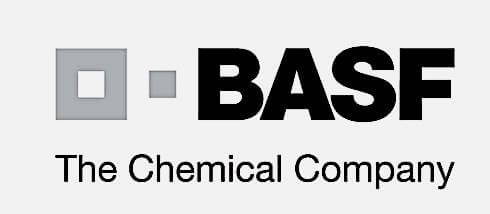Business Evaluation of BASF Pakistan: MBA Report
Business Evaluation of BASF Pakistan: MBA Report
The design of a cost accumulation system of any company must be compatible with the nature and type of operations performed in that company. When the products are manufactured through mass production or a continuous process , a process cost system is usually appropriate but in case of BASF batch processing method is used. Each time the whole production is given a batch number and accounting for the cost accumulation is done.
For purchasing BASF have a separate department whose function is to order raw materials and supplies needed for production. Purchasing department orders the items on purchase requisition form and it also plays an important role in timely availability of raw materials but as their inventories are insured against any losses so they don’t care about the expiration of many chemicals.
As the company produces different products and that products are also used for different purposes, the company’s inventory control don’ have a single system. They use a mix of control procedures which consist of order cycling, the min-max method, and the two bin method.
Good and well thought labor accounting system always pays in terms of motivation of workers and lower cost of production. At BASF production standards are on the Batch processing basis so there are less incentives with the wage payment so it sometimes causes frustration and de-motivation because of absence of award systems.
As BASF produces a multiple of products so it is necessary to allocate the Administration overhead costs to the various processes. At BASF administration costs are charged on different products in different proportions which creates an inaccuracy that creep into unrealistic allocations. Some overhead costs are also accounted as fixed costs like maintenance costs which are usually considered as a production cost but is not accounted as and is reported separately in financial statements.
BASF uses standard costing method for materials and factory overhead. As the company production is batch production and the company is producing more than one products so according to the rules of standard costing individual standards should be set for each department in order to assign accountability to managers at the department level but in case of this company it is not followed and the standards are set on the overall basis within the factory.
Though the company uses standard costing in which it determines the all costs attached to products but it does not take into account the labor costs. company has only a small number of laborers which is only 168 in number and all of them are on permanent basis so it does not create any problem like shortages of labor. Another reason behind this is that all the manufacturing operations are done by machines and that are in good condition so management don’t take the labor into account.
BASF set their standards for the factory overhead on the basis of past experiences. They get the information from the factory personnel and they also take into consideration the official reports regarding inflation and devaluation the currency. As the Pakistani economy is going down day by day and there is a big difference between the official figures for inflation and the actual inflation prevailing in the markets so it makes the standards somewhat deviated from the actual ones and therefore the result is in the form of variances.
BASF claims that they have almost zero defect product line. They claim this because of three reasons :
- Highly knowledgeable personnel
- Proper facilities
- Attention towards the work
but as they claim it is not the case because there are some factors which are beyond their control and it might have some serious impacts on their manufacturing procedures.
In BASF costs for materials and factory overhead are predetermined. This is done through the cooperation between the manufacturing and the cost accounting department. Even thought they are committed to it but there are variances between the actual and predetermined costs of materials and factory overhead. BASF account for these variances under the categories of cost variances and idle variances. These are two broad categories and sub-categories are also used to account the variances.





![Hameed Khan [Govt. College University Lahore]](https://www.ravimagazine.com/wp-content/uploads/2021/03/Hameed-Khan-Govt.-College-University-Lahore-428x245.jpg)








